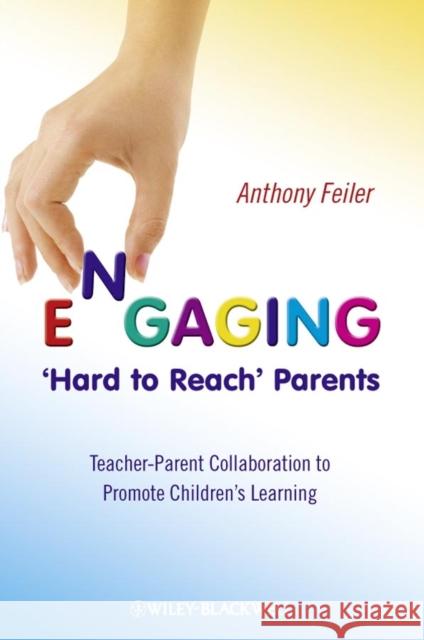Engaging 'Hard to Reach' Parents: Teacher-Parent Collaboration to Promote Children's Learning » książka
topmenu
Engaging 'Hard to Reach' Parents: Teacher-Parent Collaboration to Promote Children's Learning
ISBN-13: 9780470682296 / Angielski / Twarda / 2010 / 192 str.
A practical guide to establishing positive relationships with hard-to-reach parents.
- Includes research-based techniques for teachers on how to reach hard-to-reach parents, carers, and guardians
- Explores the international perspective on successful parental engagement
- Provides practical help for developing closer relationships between parents and schools











